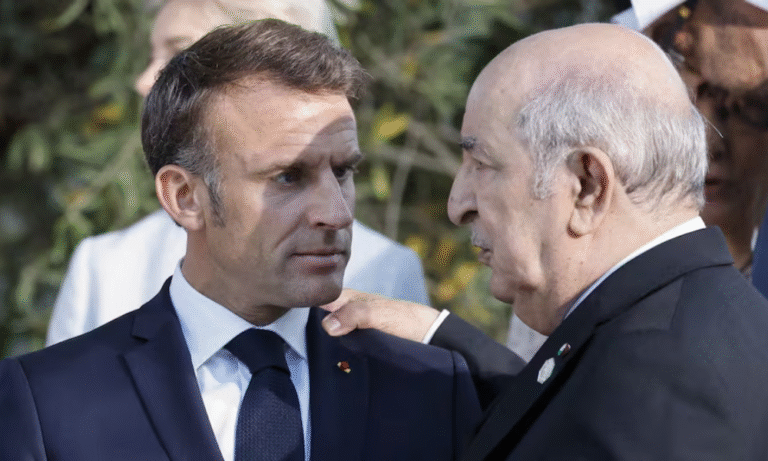
Algeria has taken a decisive and confrontational step in its diplomatic relations by denouncing two major bilateral agreements with France, signaling a shift that extends beyond Paris to the broader regional landscape.
On August 7, 2025, Algiers announced the end of visa exemptions for French diplomatic and service passport holders and revoked real estate privileges previously granted to the French embassy.
Officially framed as a measure of “strict reciprocity” following France’s suspension of diplomatic visas for Algerian officials, this move highlights Algeria’s broader strategy of assertive confrontation rather than dialogue.
This rupture marks a significant deterioration in Franco-Algerian ties and reflects a shift in Algeria’s foreign policy, which has moved from balanced diplomacy towards a stance marked by rigidity and suspicion.
In recent years, Algiers has increasingly adopted a hardline approach that tends to close channels of communication instead of reopening them. This shift is mirrored in Algeria’s strained relations with its neighbors in the Sahel, particularly Mali and Niger, where suspicion toward military regimes has challenged its regional influence.
In Libya, Algeria’s ambiguous position on the ongoing conflict between rival factions has further undermined its role as a credible mediator.
By suspending agreements, tightening diplomatic conditions, and questioning traditional partners, Algeria projects an image of a state prioritising power balances over cooperative solutions. This stance risks deepening its isolation, especially in a region where security collaboration remains critical amid escalating militarisation, migratory pressures, and persistent instability in Libya.
While Algerian authorities defend these measures as restoring equality in foreign relations, they simultaneously adopt coercive tactics they once condemned. This approach threatens to weaken Algeria’s strategic partnerships and limit its diplomatic flexibility within an already challenging geopolitical environment, potentially further isolating the country at a critical moment for regional stability.



